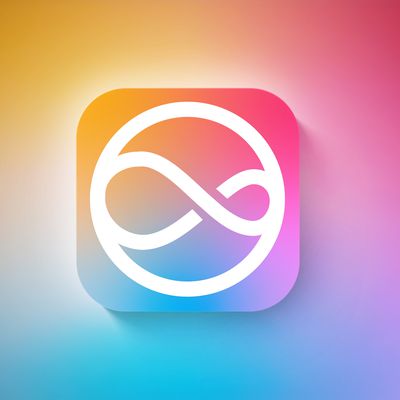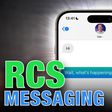Apple Said to Be Stopping Use of TLC NAND Flash in iPhone 6 and 6 Plus After Reported Issues
Apple will switch from using TLC (triple-level cell) NAND flash to MLC (multi-level cell) NAND flash in the iPhone 6 and iPhone 6 Plus after users have experienced crashing and boot loop issues with the higher capacity versions of both devices, reports BusinessKorea.

Sources have told the paper that flash memory firm Anobit, which Apple acquired in 2011, is to blame for the manufacturing defects. Apple will reportedly switch to MLC NAND flash for the 64GB iPhone 6 and the 128GB iPhone 6 Plus, and will also address crashing and boot loop issues with the release of iOS 8.1.1. Apple has used MLC NAND flash before, in previous-generation iPhones.
TLC NAND flash is a type of solid-state NAND flash memory that stores three bits of data per cell. It can store three times as much data as single-level cell (SLC) that stores one bit of data, and 1.5 times as much as multi-level cell (MLC) solid-state flash memory that stores two bits of data. On top of that, TLC flash is more affordable. However, it is also slower than SLC or MLC in reading and writing data.
Apple released its first iOS 8.1.1 beta to developers earlier this week, although the company did not specify whether the included bug fixes addressed boot loop and crashing issues on the iPhone 6 and iPhone 6 Plus. Users who are experiencing an unusual amount of boot loops and crashes with their iPhone 6 or iPhone 6 Plus are recommended to bring their devices back to an Apple Retail Store for a replacement.
Popular Stories
Apple typically releases its new iPhone series around mid-September, which means we are about two months out from the launch of the iPhone 16. Like the iPhone 15 series, this year's lineup is expected to stick with four models – iPhone 16, iPhone 16 Plus, iPhone 16 Pro, and iPhone 16 Pro Max – although there are plenty of design differences and new features to take into account. To bring ...
Apple is today providing developers with the first betas of iOS 18.1, iPadOS 18.1, and macOS Sequoia 15.1, with the new software introducing an early version of the Apple Intelligence features. These new betas will be in testing alongside the current iOS 18, iPadOS 18, and macOS Sequoia 15 betas. Developers can choose whether to opt into the new betas with Apple Intelligence, or stay on the ...
Apple Intelligence will miss its initial expected launch date to give Apple more time to fix bugs, Bloomberg's Mark Gurman reports. According to individuals with knowledge about Apple's plans, the company now plans to start rolling out Apple Intelligence in software updates by October, arriving several weeks after the launch of iOS 18, iPadOS 18, and macOS Sequoia. This means that Apple...
T-Mobile customers have filed a lawsuit [PDF] against the carrier, alleging that it failed to honor a guarantee not to raise the prices of select cellular plans. The lawsuit, first spotted by Wired, claims that back in 2017, T-Mobile advertised several of its plans with a price lock, but then went on to increase prices starting in May 2024. "T-Mobile ONE customers keep their price until...



















